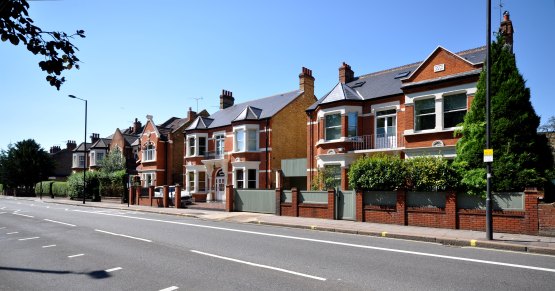An Introduction To: Vacant Property Insurance
Posted 05/04/2016
Regardless of whether your property is used as your own
private dwelling, a residential let, holiday accommodation or even occupied by
a business, the insurance in place for these types of properties are all based
on the premises being fully occupied.
But did you know, once even a portion
of your property becomes unoccupied the insurance cover in place can be
drastically restricted?
Typically an insurer will continue to
cover your property with no changes for a short period of time, usually 30
days. This is generally enough time to allow for holidays and even tenant
changes. However, once the property becomes vacant for a period exceeding
thirty consecutive days, whatever the reason, your cover changes significantly.
Usually your cover will decrease from
an all risks basis to the more restricted perils of Fire, Lightning,
Earthquake, Explosion and Aircraft only (this will vary depending on the
insurer, with some also including subsidence and flood cover). Your excess may
also increase and you may even be charged an additional premium. The reason for
this is that the longer a property is left vacant, the more susceptible it is
to damage by theft or malicious persons and minor problems such as a slow leak
can become major problems when there is nobody there to spot them.
Along with this change in perils comes
a change of policy conditions, which will need to be abided by to ensure that
your policy remains valid. The purpose of these conditions is to try and
restrict any potential loss or damage as far as is reasonably possible. These
conditions will vary between insurers, but usually include inspecting the
property every seven days and keeping a record of these inspections (including
the notation of any defects and the remedy sought). Most insurers will also
insist on all electric, gas and water services being switched off at the mains
and the heating system being drained.
So, when do you need to tell your
insurers that a property has become vacant?
We would always suggest informing your
broker as soon as the property has become vacant. This will ensure that your
broker can fully inform you of the timescales before your cover becomes
restricted and the conditions that will apply to your policy. It also means
that once your grace period has finished your broker can call to remind you
that these conditions are about to be applied.
At a recent landlord’s convention in
Norwich, it was announced that the average time a property is spent vacant between
tenants is sixty four days in Norwich, so if you are reading this article it is
likely that the above will apply to you at some point in time.
Here at Drayton Insurance Services, we
can cater for all types of property owners policies, including long term
unoccupied policies. We even have a specialist Landlords Insurance policy to
offer with an A rated insurer - providing full cover for a period of vacancy up
to 90 consecutive days. We find that many insurers are unable to match the
covers we provide as standard.
For more information, please call our team on 01603 954054 or contact us.
Back to Latest News
Get a Quote



